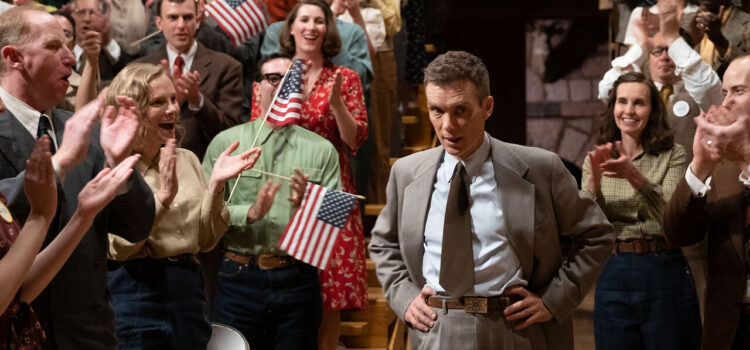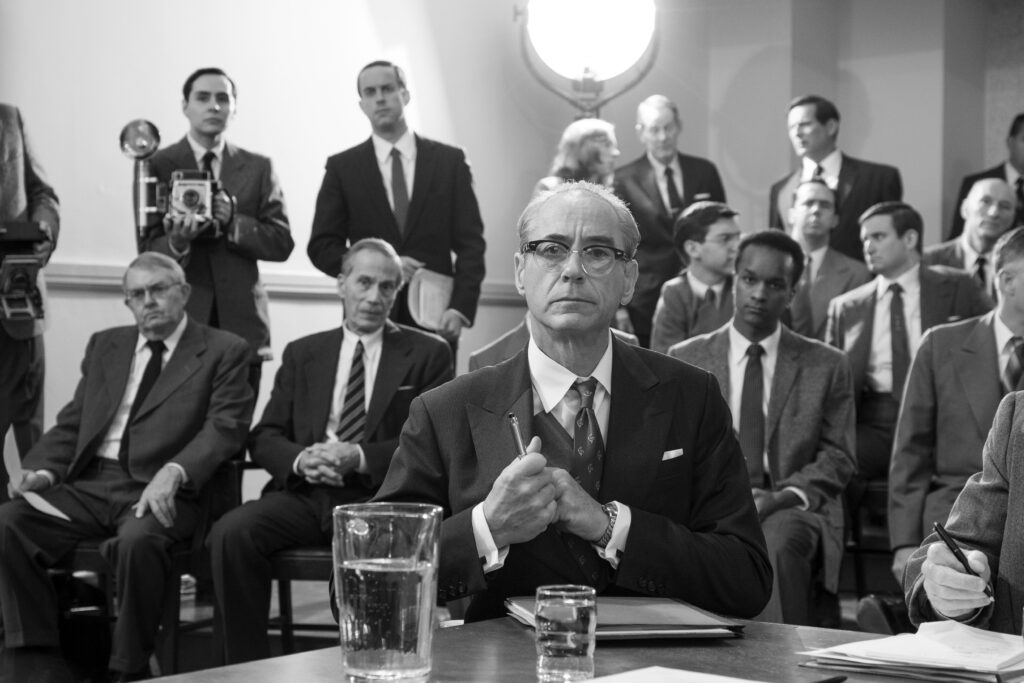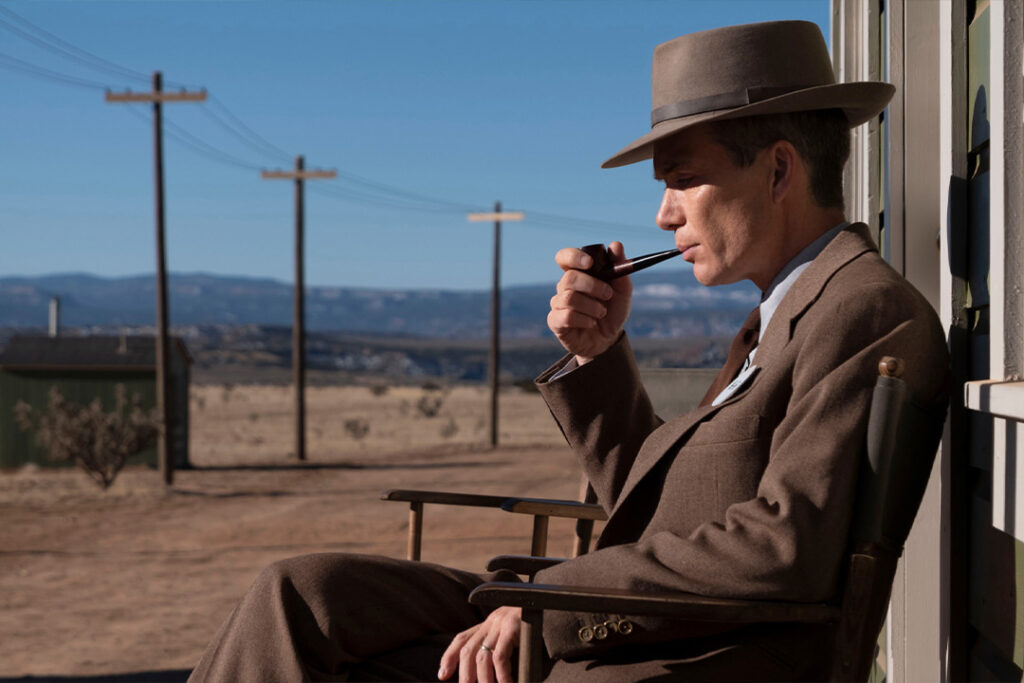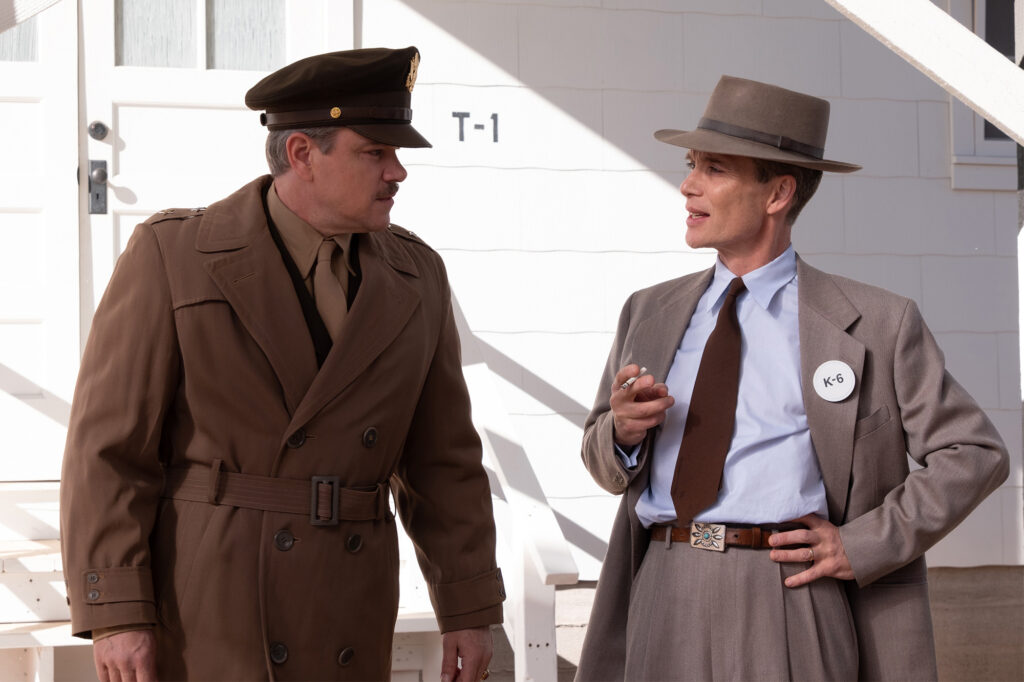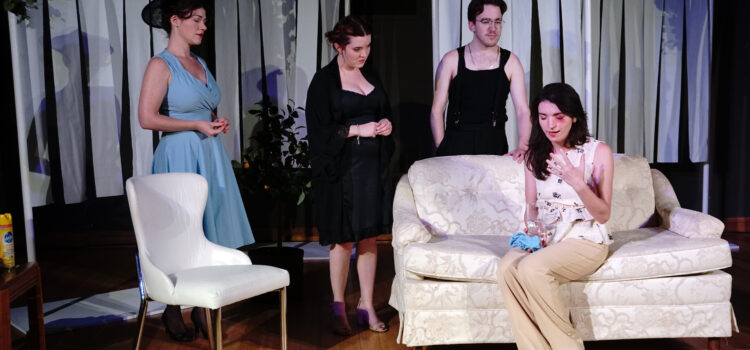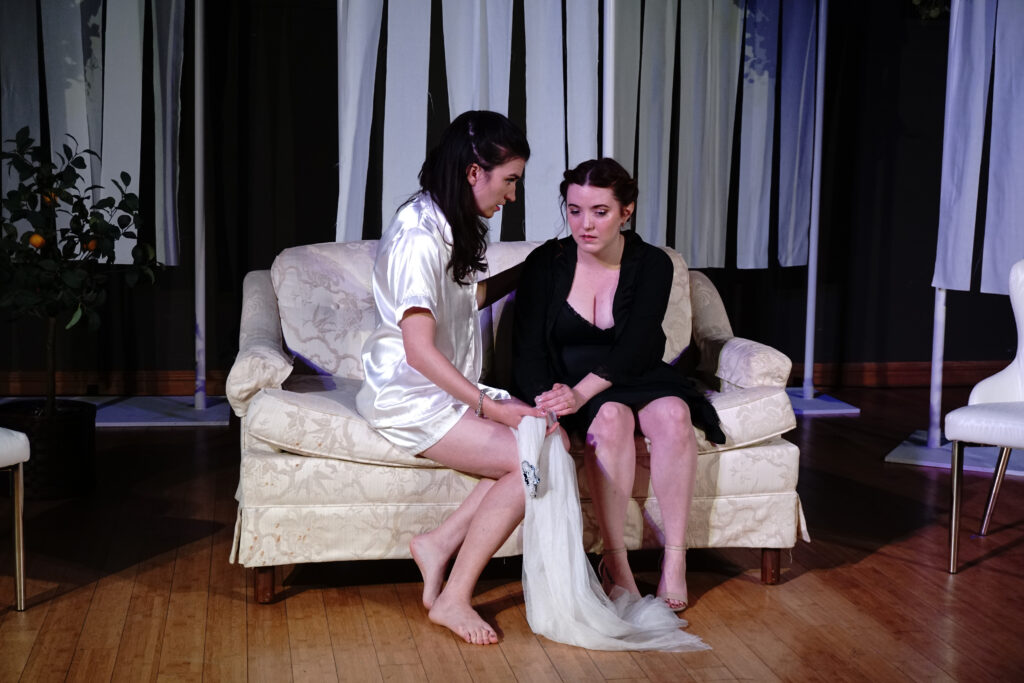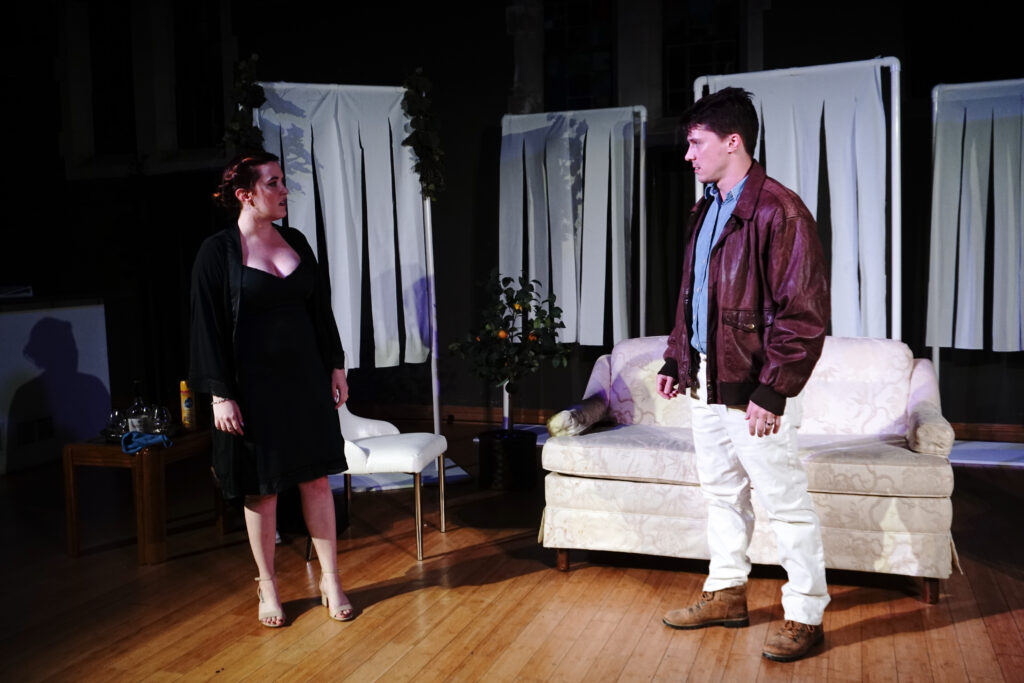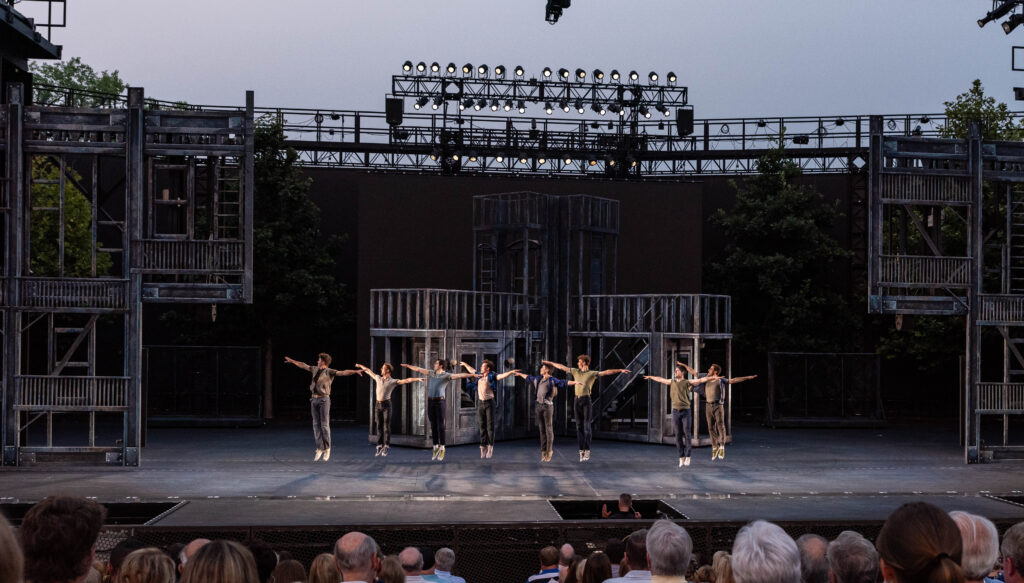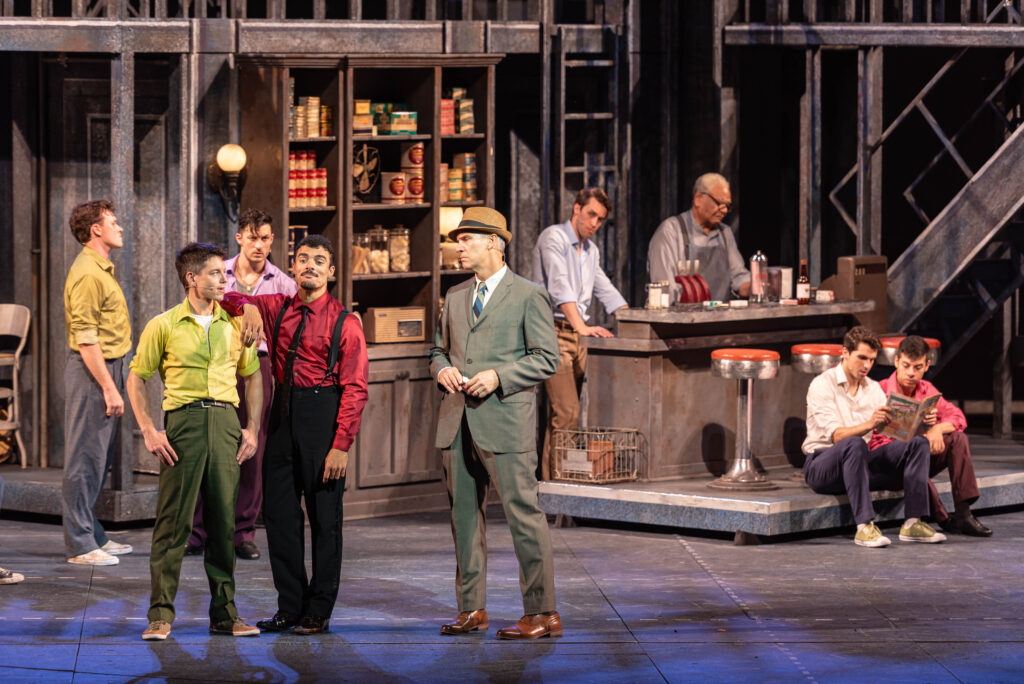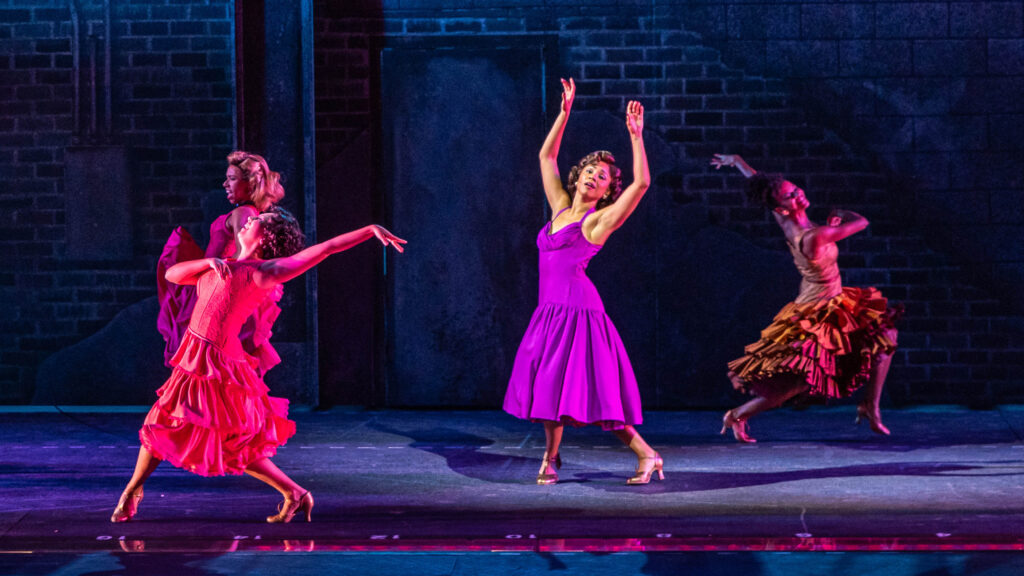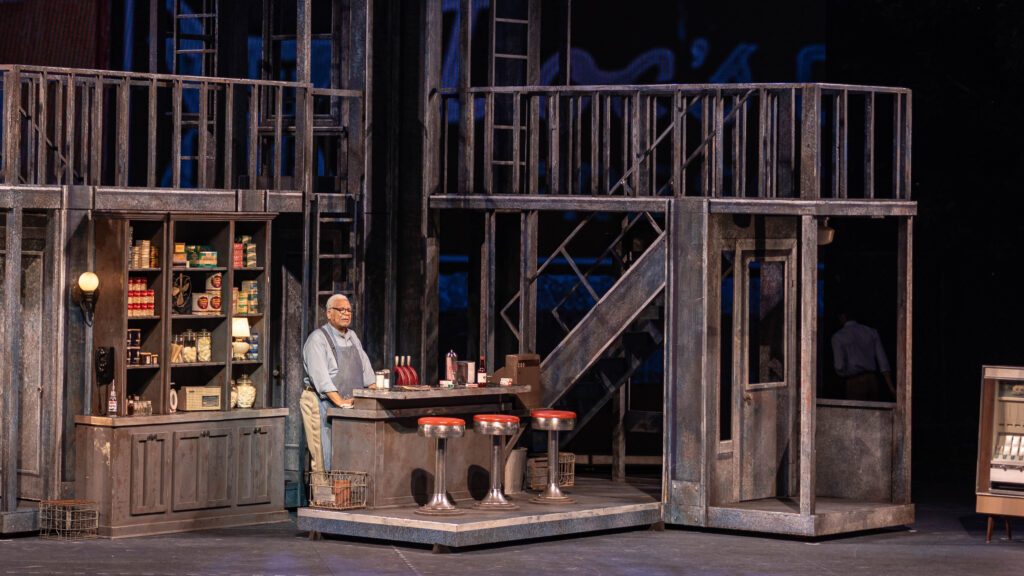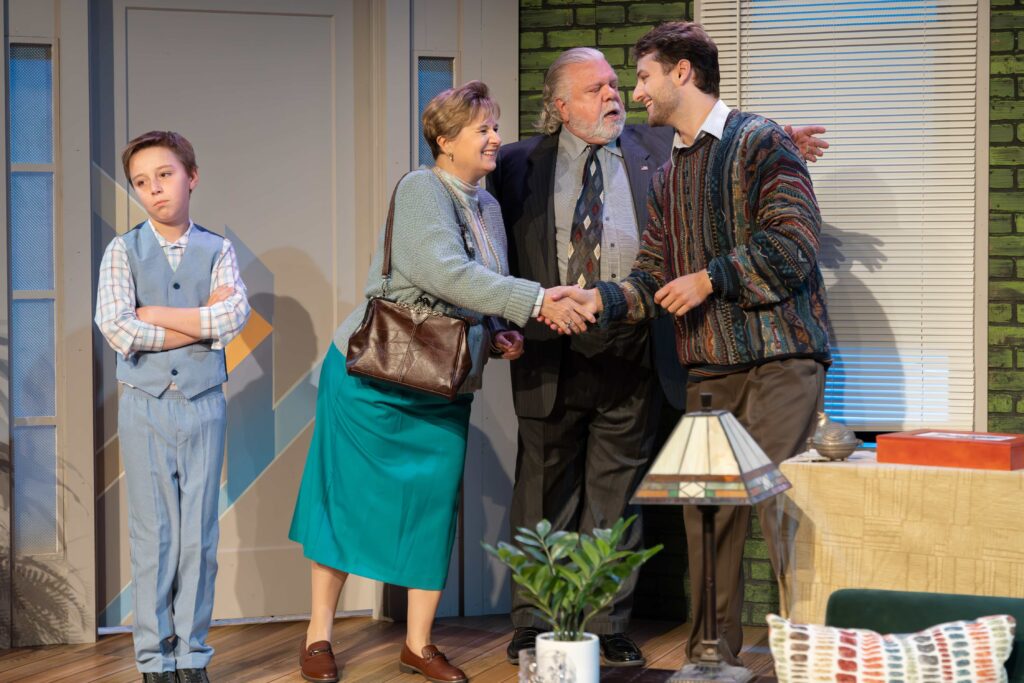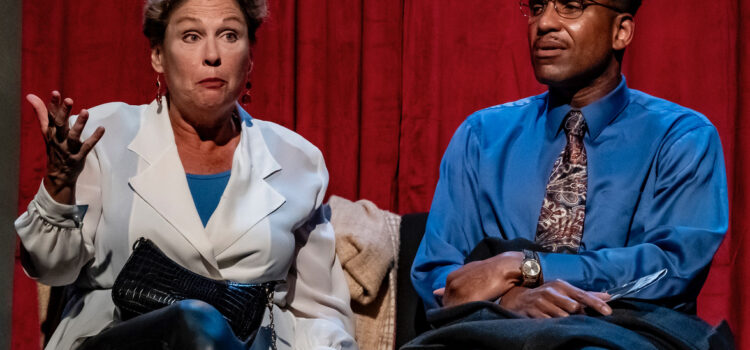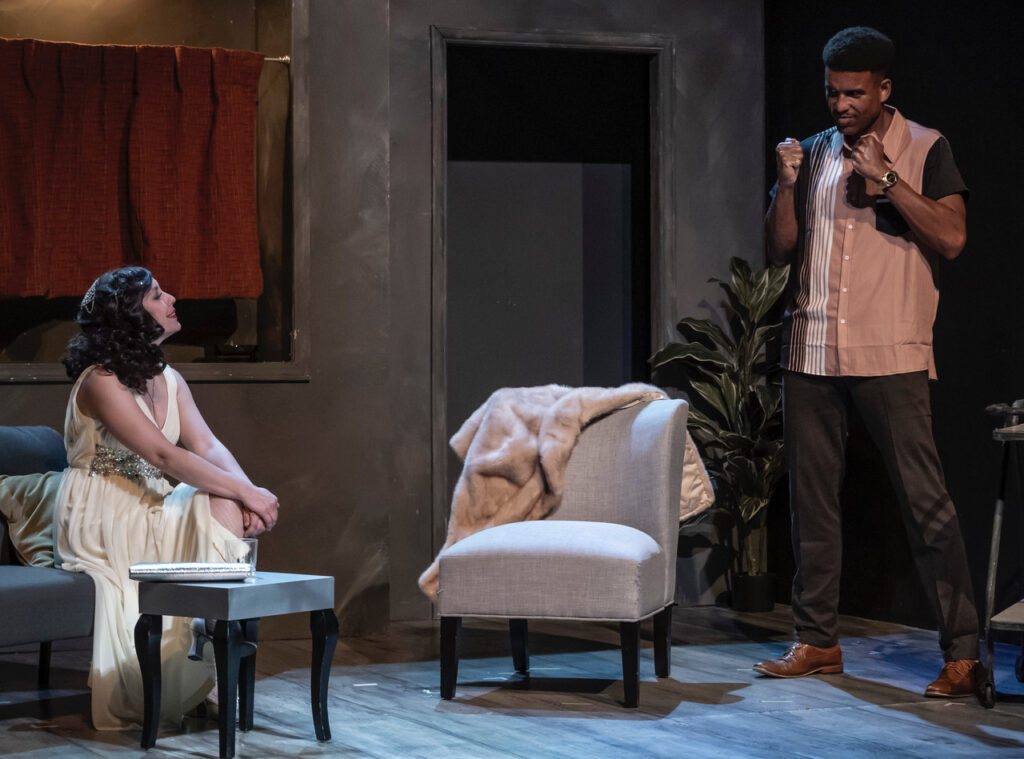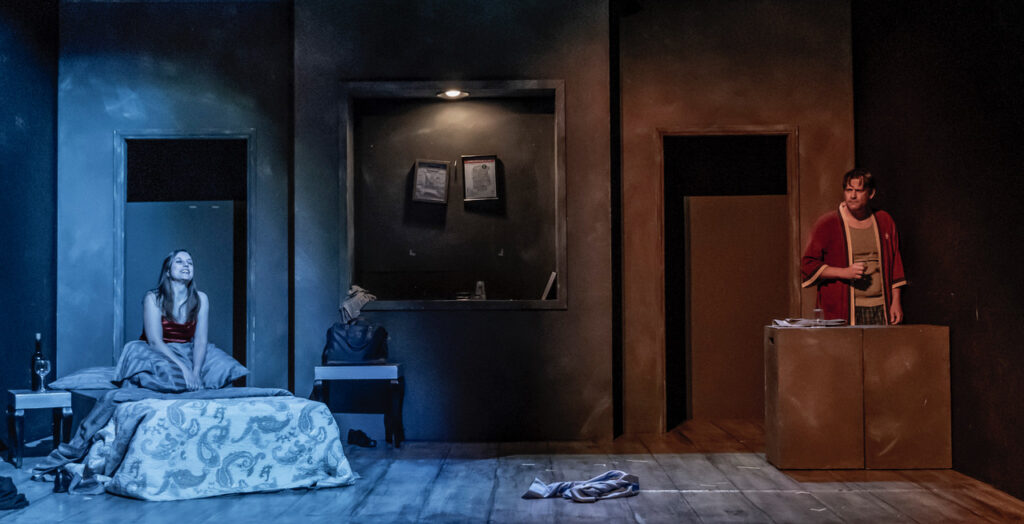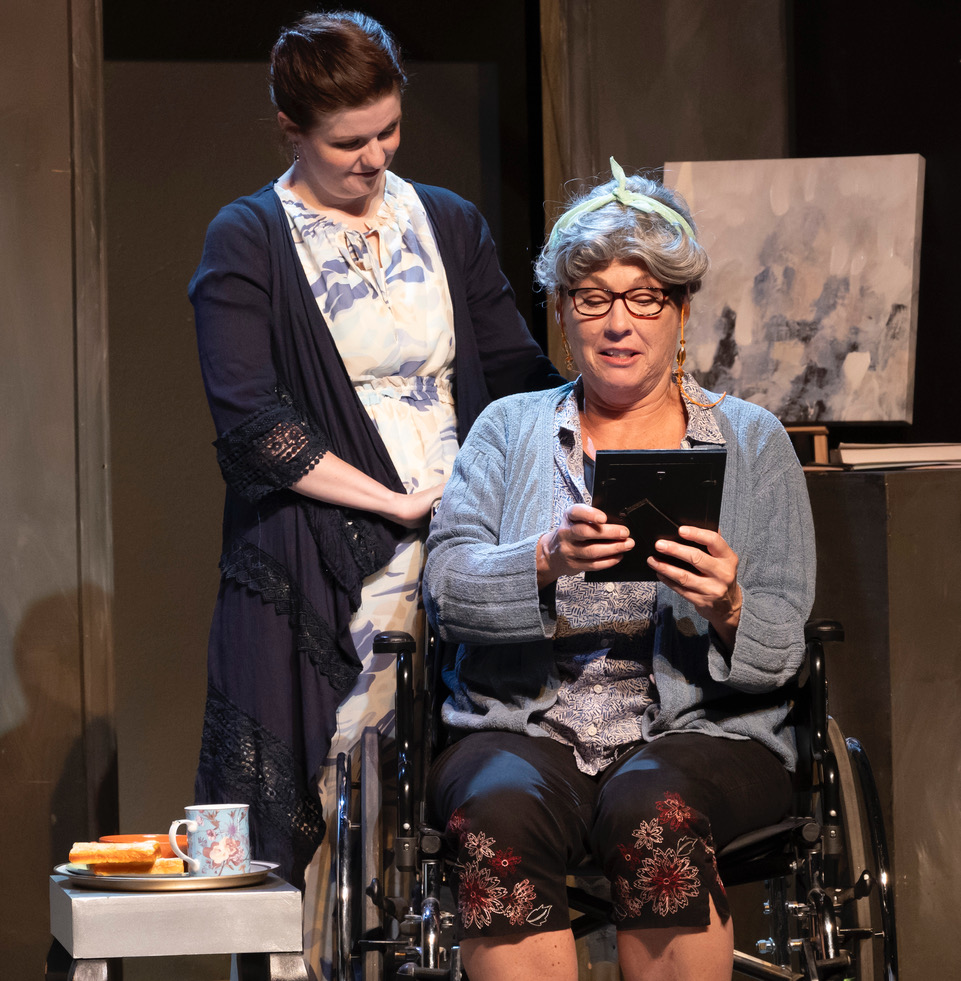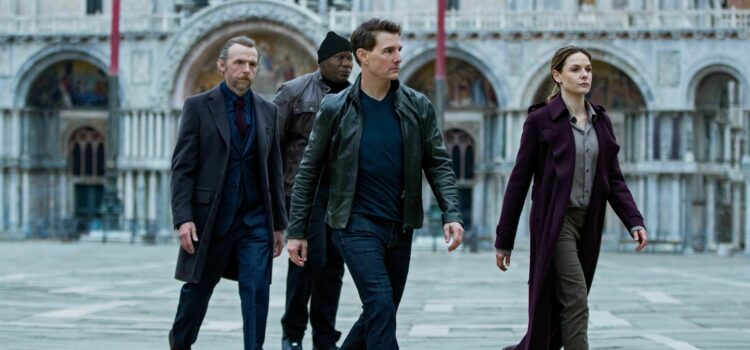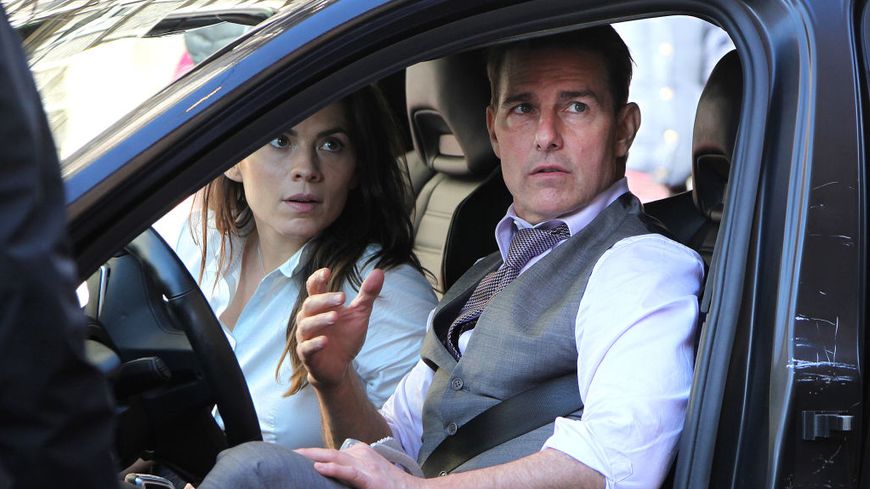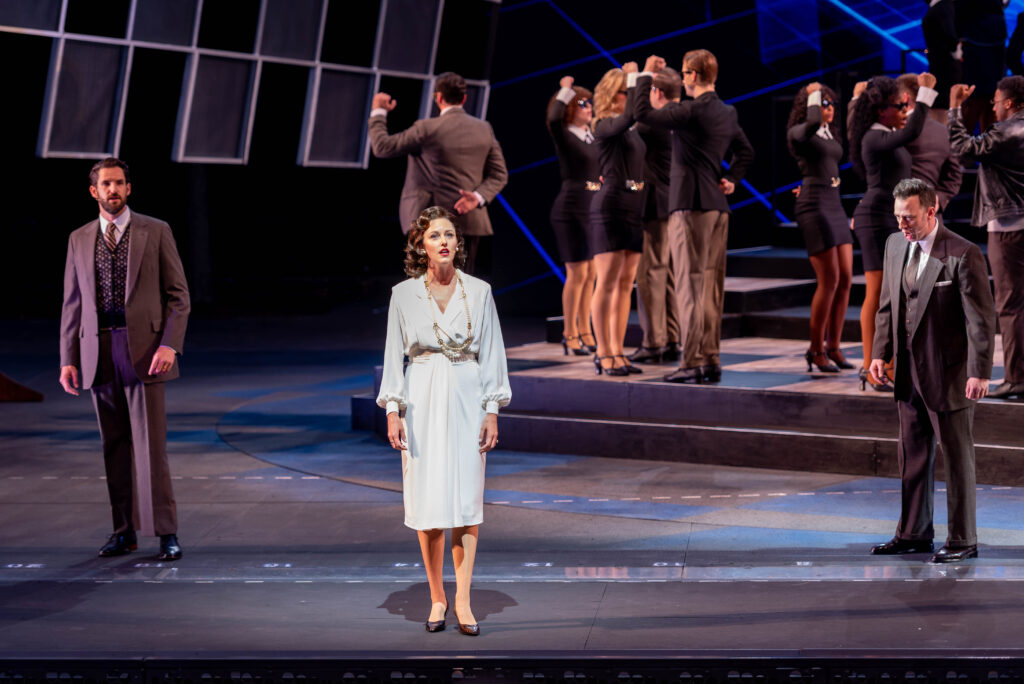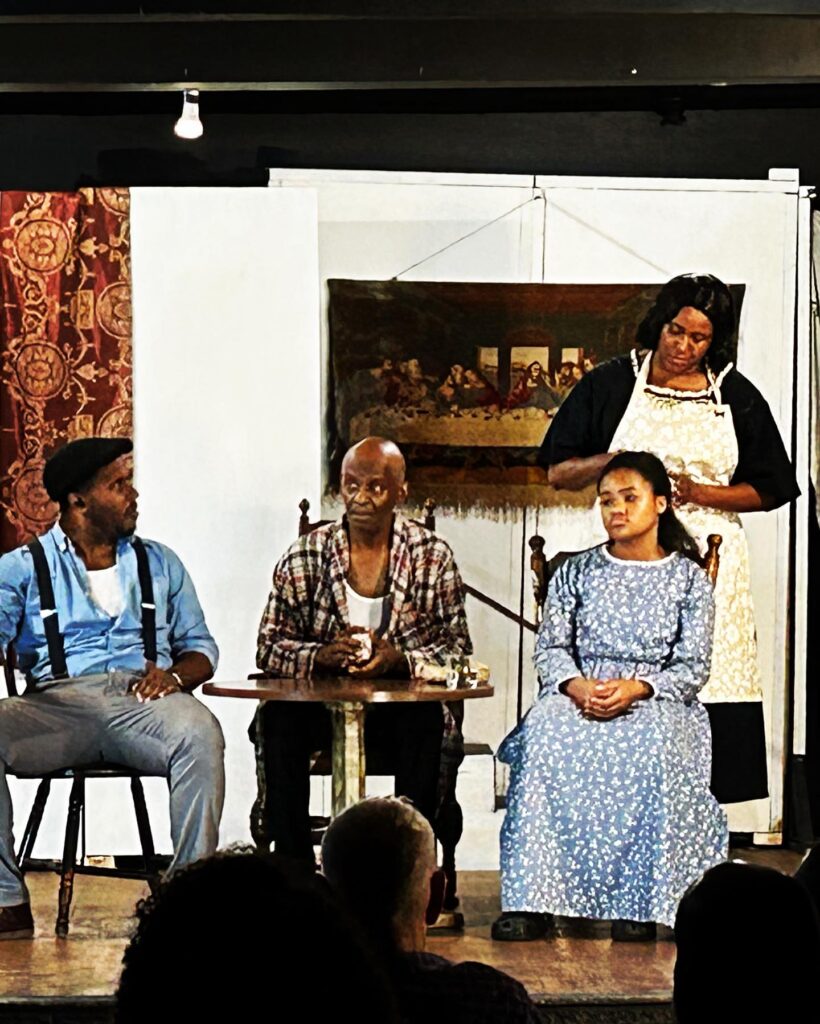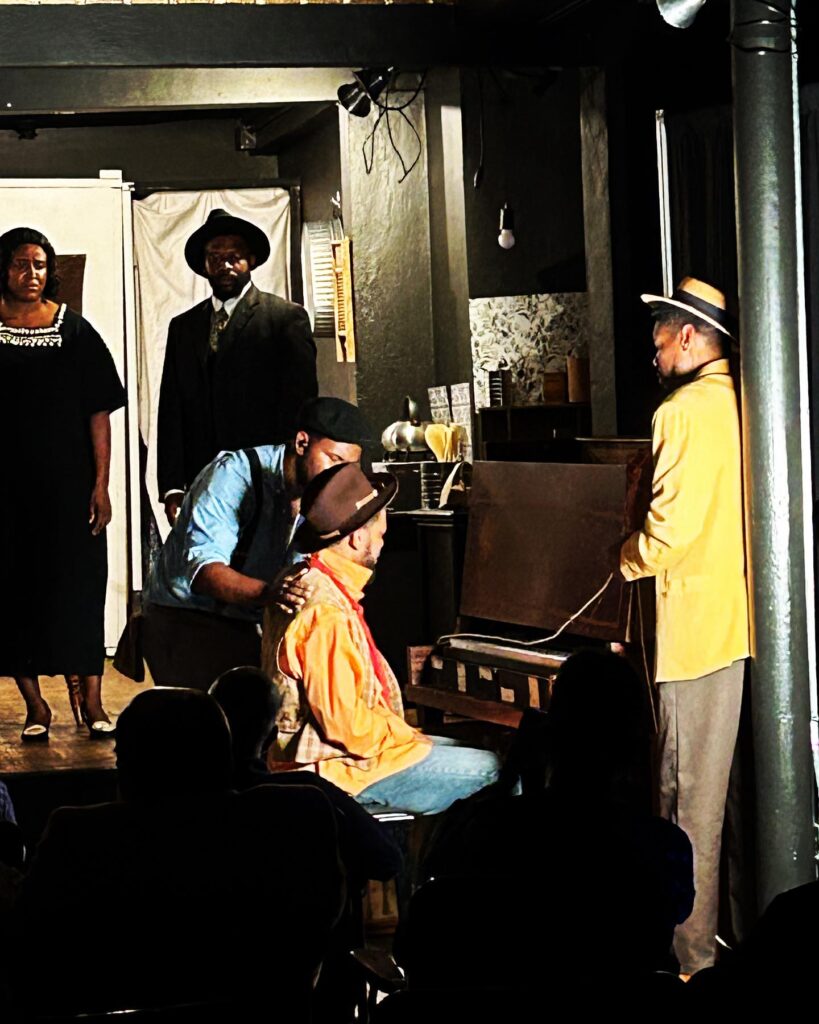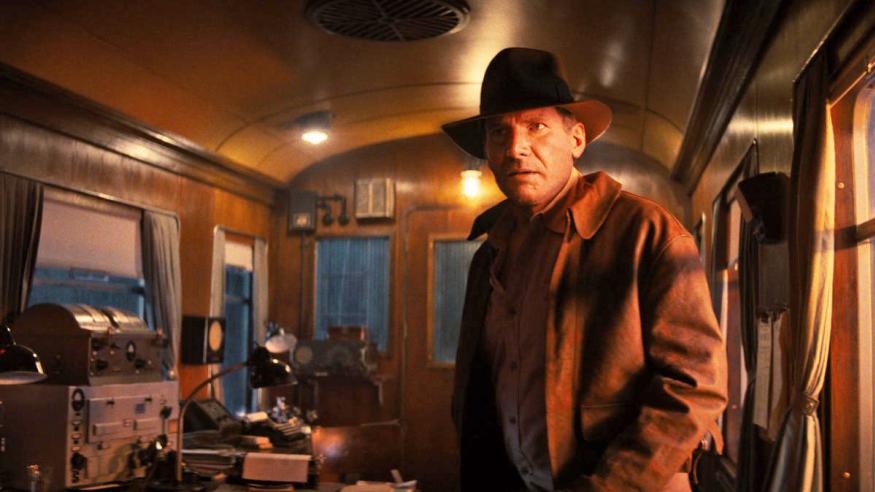By Lynn Venhaus
At home behind a movie camera, Andy Compton has strived to be a resourceful filmmaker, working through pitfalls to take a film from page to screen. Post-pandemic, he has been busy, crafting shorts that have been accepted for the St. Louis Filmmakers Showcase, and last year’s comedy, “Ethan and Edna,” played at the St. Louis International Film Festival.
He’s currently working on four more shorts this summer through fall.
“Basically, just having a blast making stuff with my friends and trying to keep getting better as a filmmaker,” he said.
His latest “Captcha,” a sci-fi horror thriller comedy short, will be screened as part of the Narrative Shorts #4 Program on Saturday, July 22, at 9 p.m. at the Hi-Pointe Theatre. At the July 30 Closing Night Awards Party, Cinema St. Louis’ artistic director Chris Clark will announce which of the 91 films screened this year will move on to SLIFF in November (3-13).
The Whitaker St. Louis Filmmakers Showcase, an annual presentation of the nonprofit Cinema St. Louis, serves as the area’s primary venue for films made by local artists.The Showcase screens works that were written, directed, edited, or produced by St. Louis natives or films with strong local ties.
The 17 film programs that screen at the Hi-Pointe Theatre from July 21-23 and 28-30 serve as the Showcase’s centerpiece. In addition, the event features a quartet of live-streamed master classes — the legal-issues class is also available as an in-person event — and the Closing-Night Awards Party at the Hi-Pointe Theatre.
The film programs range from full-length fiction and documentary features to multi-film compilations of fiction, documentary, and experimental shorts. The programs with feature films include post- screening Q&As with the filmmakers and/or subjects.
For a complete schedule and more information, visit: https://www.cinemastlouis.org/23rd-annual-st-louis-filmmakers-showcase
You can find Andy’s films on his YouTube channel: https://youtube.com/@andycompton and follow him on social media — @andycompton_ on twitter and Instagram
He also produces “The Social Screenwriters Podcast,” where he interview screenwriters he has met on the internet about who they are, their projects, their writing process, and more. Available on podcast platforms.
“It’s a fun listen for writers chasing this crazy dream,” he said..
Here’s more about Andy.
Q&A QUESTIONS FOR “TAKE TEN”:
1. What is special about your latest project?
I think the most special thing about our latest short film, CAPTCHA, is that we shot it with a 4-person crew of friends for only about $250 when all was said and done. I’m incredibly proud of what we were able to make with very few resources.
2. Why did you choose your profession/pursue the arts?
A turbulent childhood coupled with a need for attention. That’s the recipe.
3. How would your friends describe you?
I would hope for charismatic and outgoing but more likely weird guy who goes to see movies alone.
4. How do you like to spend your spare time?
I grew up skateboarding and I’m still holding onto that at 35. Playing guitar. Watching movies. Pretty much the same stuff I was doing when I was 14.
5. What is your current obsession?
Watching YouTubers watch movies I love for the first time and seeing how much they love it or if they cry when I cried or get scared when I got scared. I was just watching people react to Avatar 2 (another James Cameron banger).
6. What would people be surprised to find out about you?
Probably that I’m a former high school dropout. I quit school at 16, then just worked random jobs for most of my 20s until I got my GED at 26, enrolled in community college at 27, and graduated from Webster University with a Bachelor’s degree in Scriptwriting at 31. I took the long road, lol.
7. Can you share one of your most defining moments in life?
When I got sober in 2017. Drugs and alcohol were a big part of my life from my early teens on through my 20s. Eventually, I started noticing that those things were only holding me back in life. Then in 2017, I got a DUI. Obviously not proud of it, but it was undoubtedly the best thing that could have happened to me at that time and I was able to turn my life around starting the next day and I haven’t looked back since. Life has gotten so much better. Coming up on 6 years in September.
8. Who do you admire most?
My mom.
9. What is at the top of your bucket list?
I want to kickflip over the Arch.
10. How were you affected by the pandemic years, and anything you would like to share about what got you through and any lesson learned during the isolation periods? Any reflections on how the arts were affected? And what it means to move forward?
My hair got a lot more gray during the pandemic and I’m not sure if it was caused by the stress or simply coincidence. But, obviously it was a tragic and scary time for everyone. I will say, as a natural introvert, I was not mad about being forced to stay inside everyday. I got a ton of writing done. I was actually supposed to graduate from Webster in May 2020, but it was postponed. Also, we had a short film I had directed at Webster called TIN BOX entering into the film festival circuit at the time so all of that went online as well. It was a bummer for sure, but when people are losing family members out there, it was kind of hard to be upset about my dumb short film or not walking at graduation right away. It’s an interesting time for filmmakers as just when pandemic restrictions were lifted, the Writer’s Guild and Actor’s Guild have gone on strike (rightfully so), so it’s another pause on progress for those of us trying to break into the industry. That’s life, though.
11. What is your favorite thing to do in St. Louis?
I’m a big St. Louis Blues fan so I love going to games. Also, Grammy Sammies at The Gramophone. Also, seeing shows at The Improv Shop. I did their training program when I first got sober and played on some teams until I just got too busy chasing the film dream. It’s a great theater and great community, though. Go see a show!
12. What’s next?
A lot! The same team behind CAPTCHA have another short film in post-production right now, then we’re shooting three more in August, September, and October. Four shorts from June to October seemed like a great idea earlier this year but now that we’re doing it, it’s a lot! But, I’m too stubborn to admit defeat so we’re pressing on. Basically, just having a blast making stuff with my friends and trying to keep getting better as a filmmaker.
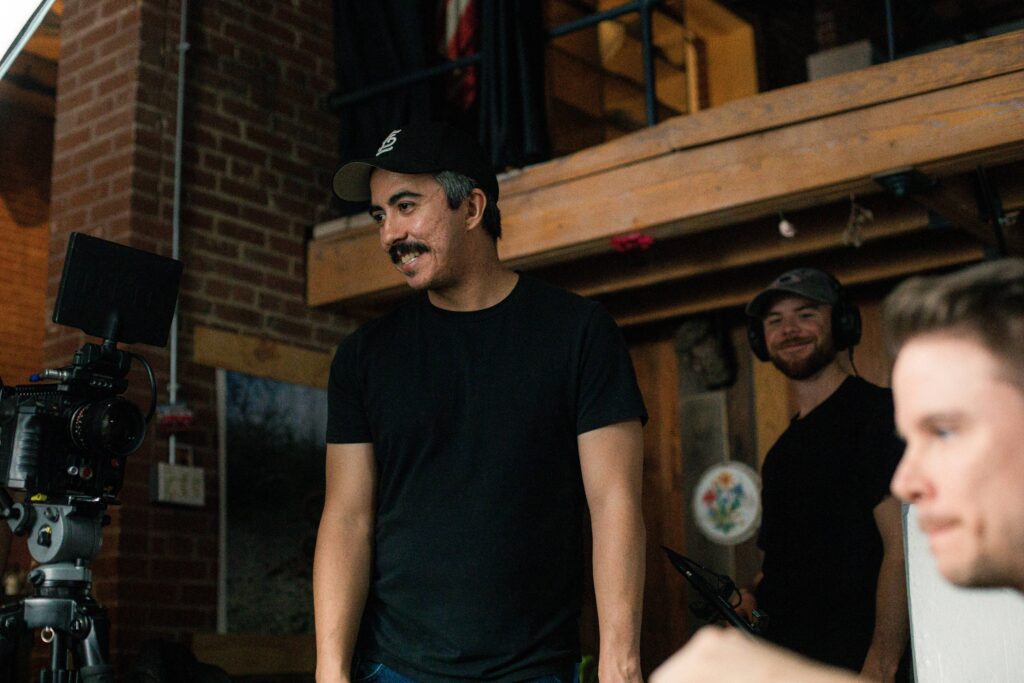
More on Andy:
Name: Andy Compton
Age: 35.
Birthplace: Lansing, Michigan
Current location: St. Louis Missouri
Education: Bachelor’s degree in Scriptwriting/Minor in Film & Television Production from Webster University
Day job: Wedding/Event Videography
First job: Line cook at Sonic Drive-in
First movie you were involved in or made: PET TURTLES, written & directed by Vern Tooley. Some improv friends and I were extras in one scene. My best friend and actor in all my movies, Larry Claudin, stars.
Favorite jobs/roles/plays or work in your medium: Due to a lack of budget, I’m usually wearing a lot of hats on the shorts I make. I write, direct, produce, edit, do production design, wardrobe, casting, etc. Of all those, I love the writing process, but my absolute favorite part is directing. Writing is a lonely profession. Being on-set with a whole creative team throwing out ideas, and actors who bring their own flavor to the words you put on the page is the best part. I also love doing improv on-set so I just love pitching jokes on the fly to actors and seeing if we can make the crew laugh. If the crew laughs, I know it’s funny.
Dream job/opportunity: I would love to develop a movie with Adam Sandler. He’s one of my heroes and it would be an honor to direct him in something. I think I would have to fist fight the Safdie Brothers to get to him, though.
Awards/Honors/Achievements: I had two feature scripts, SUPLEX, and BELLYACHE, make the Semifinals of the Nicholl Fellowship, the screenwriting competition run by The Academy in 2020. That kind of kicked off a lot of things for me and helped me land a manager in LA.
Favorite quote/words to live by: Be kind.
A song that makes you happy: “Check the Rhime” by A Tribe Called Quest


Lynn (Zipfel) Venhaus has had a continuous byline in St. Louis metro region publications since 1978. She writes features and news for Belleville News-Democrat and contributes to St. Louis magazine and other publications.
She is a Rotten Tomatoes-approved film critic, currently reviews films for Webster-Kirkwood Times and KTRS Radio, covers entertainment for PopLifeSTL.com and co-hosts podcast PopLifeSTL.com…Presents.
She is a member of Critics Choice Association, where she serves on the women’s and marketing committees; Alliance of Women Film Journalists; and on the board of the St. Louis Film Critics Association. She is a founding and board member of the St. Louis Theater Circle.
She is retired from teaching journalism/media as an adjunct college instructor.


